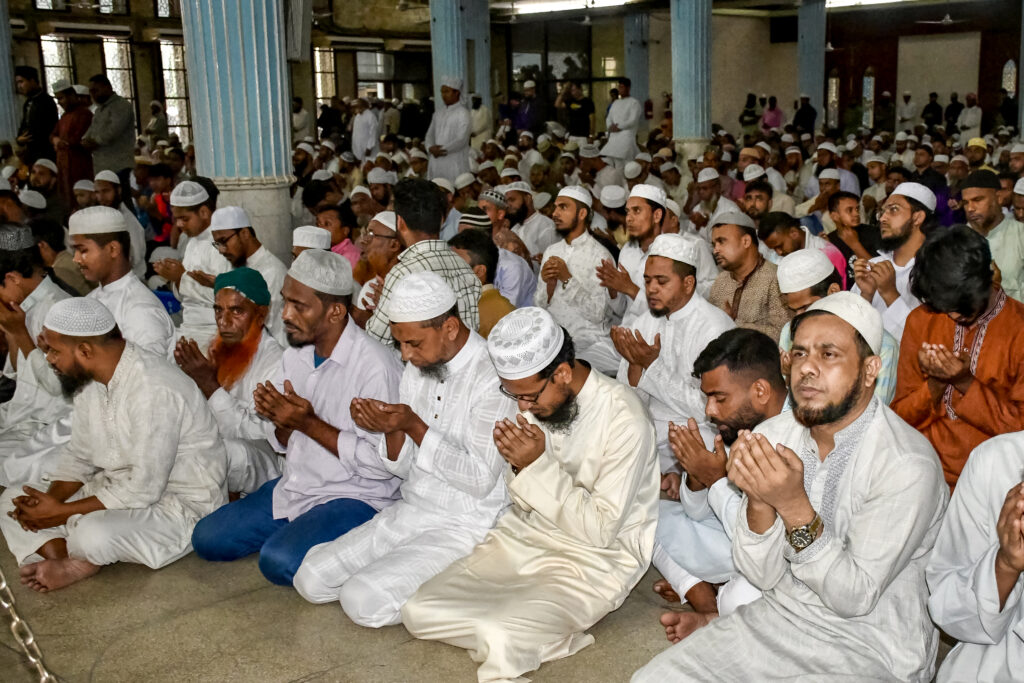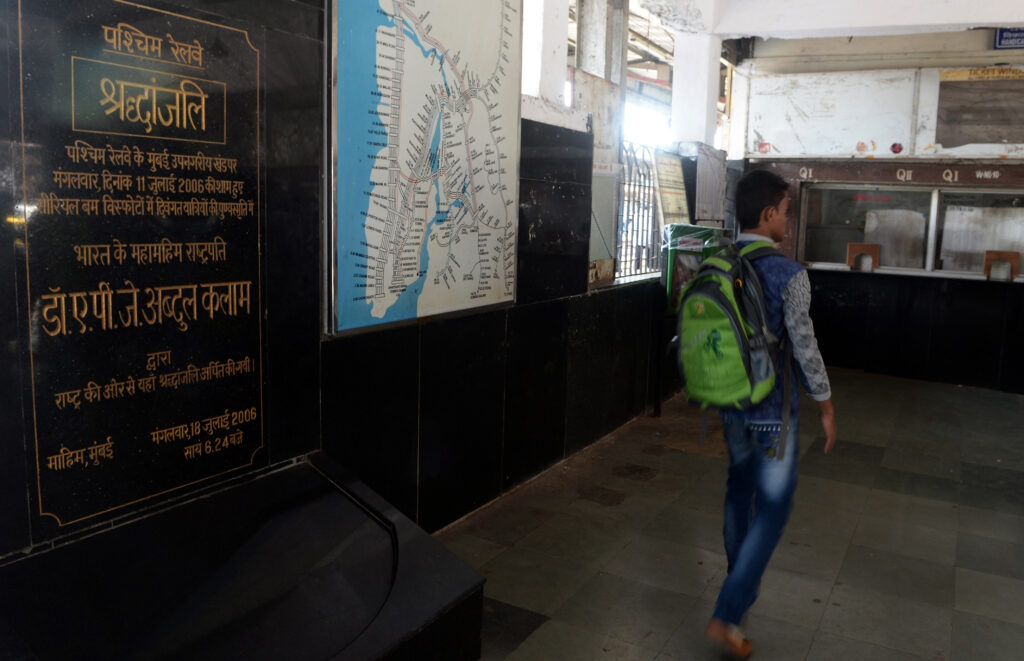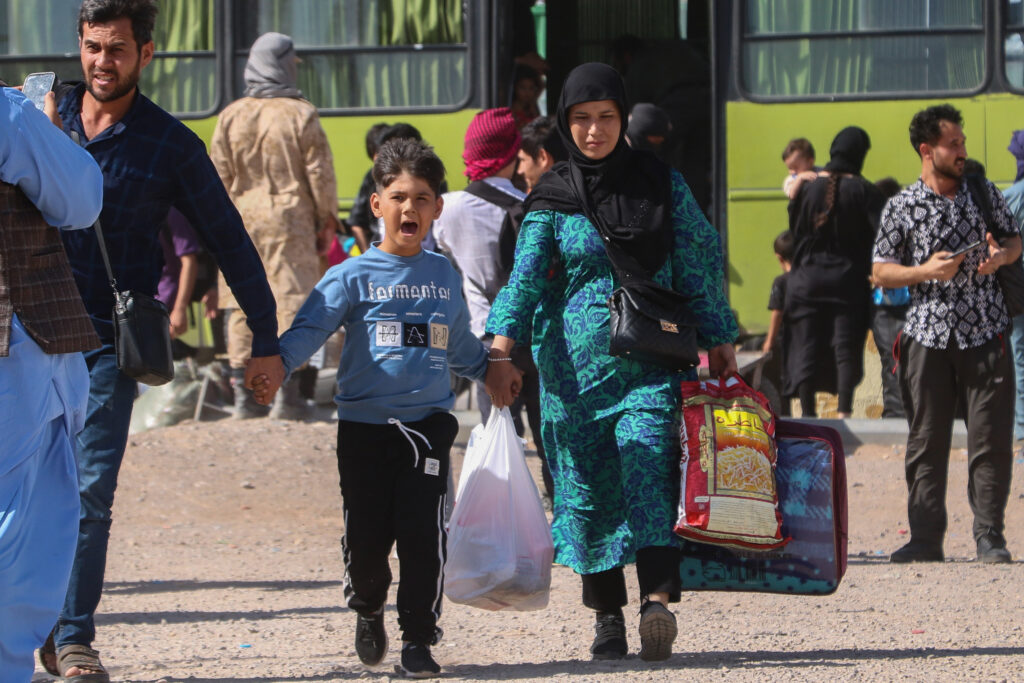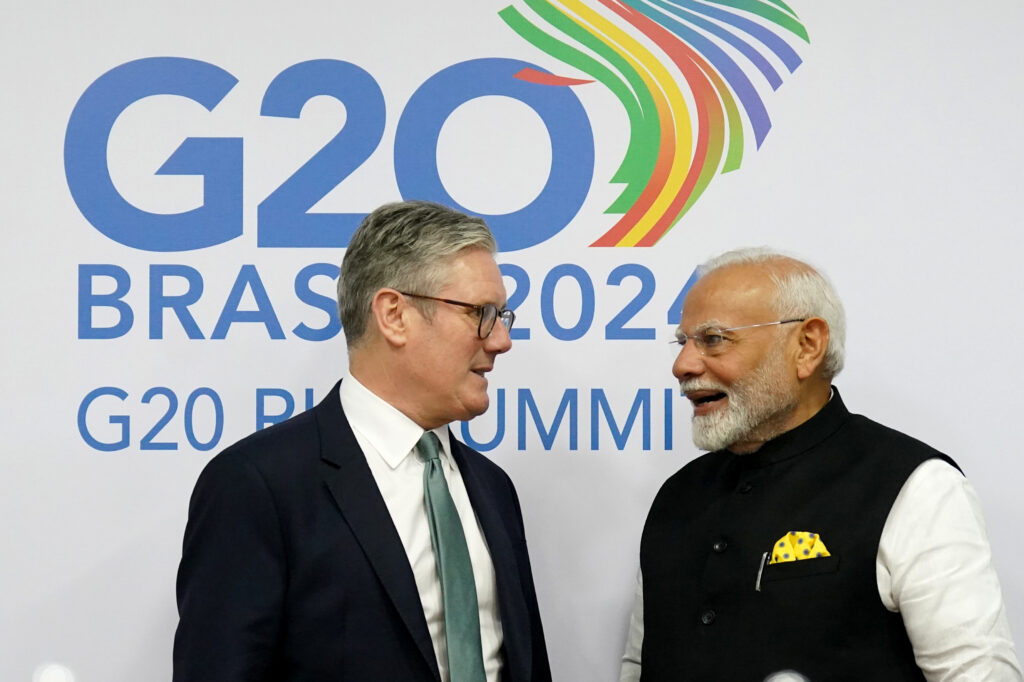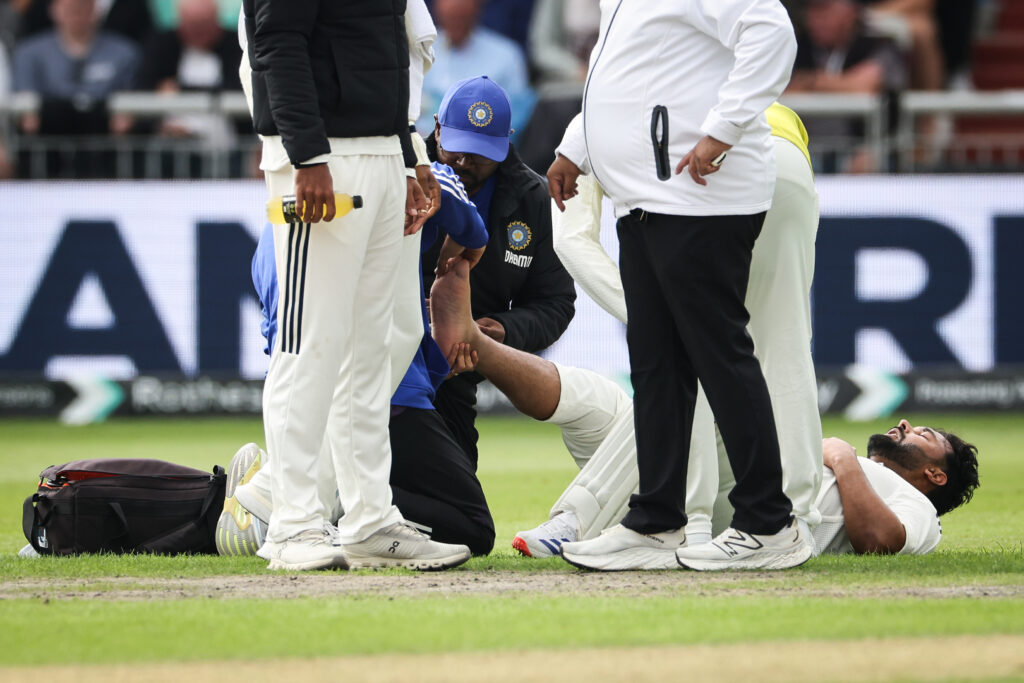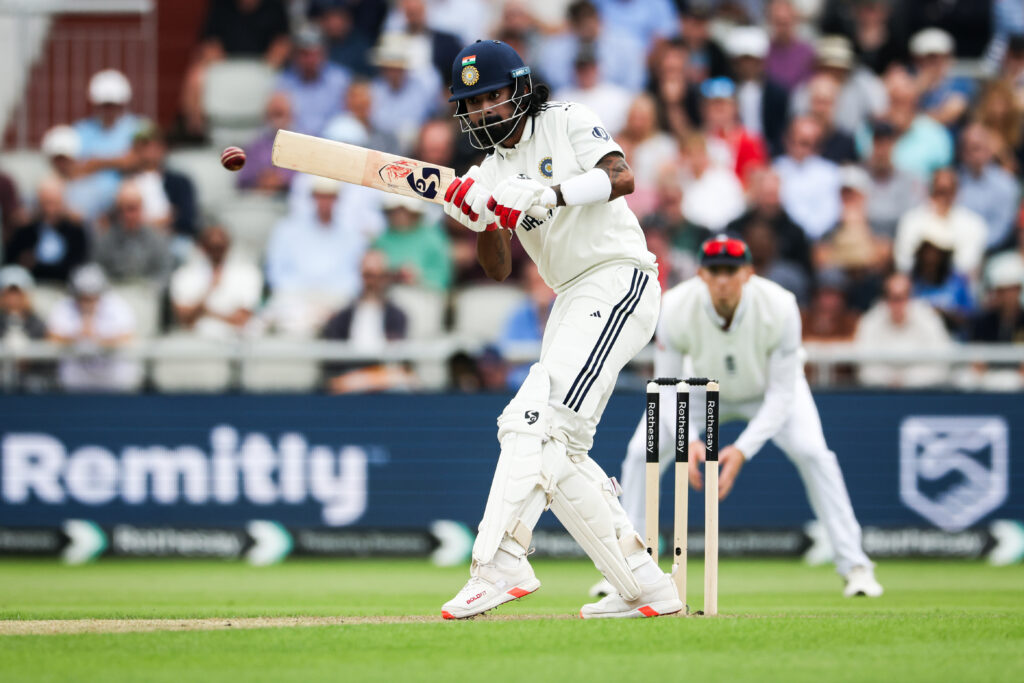Day of prayers for victims after Bangladesh jet crash
Special prayers were held across Bangladesh on Friday, as the death toll from a fighter jet crash into a school building in Dhaka rose to 32.Most of the dead were children — the youngest aged nine — after the Chinese-made F-7 BJI aircraft slammed into the Milestone School and College on Monday following a mechanical failure. The authorities earlier said 31 people were killed and 170 injured in the deadliest aviation disaster in the country in decades.The latest to succumb to her injuries was 10-year-old Tasnim Afroz Ayman, hospital coordinator Sarkar Farhana Kabir told AFP.”She was undergoing treatment in the High Dependency Unit with 45 percent burns,” she said.Ayman’s uncle, Saiful Islam, said she remained calm and composed despite undergoing excruciating pain during her final hours.”Even last night, she consoled her mother. But God had other plans,” Saiful told AFP.As of Friday, 51 others were receiving treatment in various city hospitals. Following a government directive, all mosques across the country held special prayers during the Friday congregation.Ashraful Islam, who came to pray at a mosque close to the school, lost both his children — Tahia Ashraf Nazia, 13, and Arian Ashraf Nafi, 9.”I have nothing left,” Ashraful told reporters.Nazia kept asking about her younger brother Nafi until her last breath, he added.Her final request was for an ice cream, said her aunt Naznin Akhter.”I’m burning inside. Give me some ice cream… and don’t let go of my hand,” were her last words, she told a local TV channel.India and Singapore have sent doctors specialising in burn care to assist their Bangladesh colleagues.A military investigation has been opened to determine the cause of the accident.
